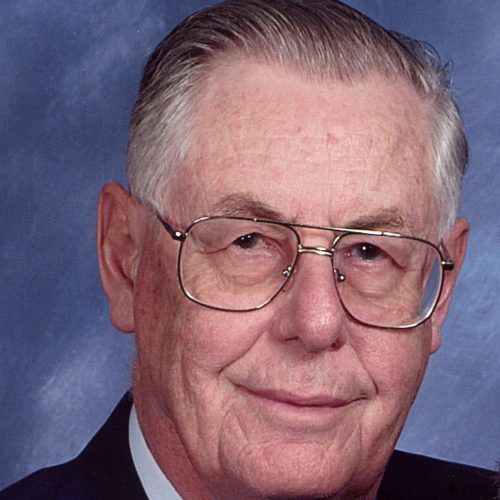Harvey Wahls
Unpaid Emeritus

- 919-515-7244
- wahls@ncsu.edu
- Fitts-Woolard Hall NA
Dr. Harvey Wahls is Professor Emeritus of Civil Engineering. Prior to his retirement in 1997, he served on the faculty at NC State for 37 years, including many years as Associate Head and Director of Graduate Programs. His academic work has been in instructional and research programs in geotechnical engineering. He is a member of the NC State Academy of Outstanding Teachers. He has directed research of graduate students related to soil consolidation, compaction and response to dynamic loads, the behavior of shallow foundations and the tolerable movement of foundations. He also has served as a consultant to a variety of private and public organizations on geotechnical design and construction problems, including the preparation of three syntheses of current geotechnical practice for the Transportation Research Board.
He is a Fellow and Life Member of the American Society of Civil Engineers and has served as a Member and Chair of the Executive Committee of ASCE’s Geotechnical Engineering Division and a Member of the Board of Governors of the ASCE Geo-Institute. He also served as International Secretary of the Geotechnical Engineering Division/ Geo-Institute and as their representative on the Administrative Council of the International Society for Soil Mechanics and Geotechnical Engineering. He also has been a member or chair of numerous technical committees of ASCE and the Transportation Research Board and a member of the American Society for Testing and Materials, ASFE and the American Society for Engineering Education.
He is a registered professional engineer in North Carolina. When the Academy of Geo-Professionals was established in 2009, he was inducted as an Honorary Diplomate. In 1998 he received the Outstanding Civil Engineer Award from the North Carolina Section of ASCE, and in 2002 he received the President’s Award from the ASCE Geo-Institute.
Research Description
Dr. Wahls is interested in soil consolidation, shallow foundations, compaction and response to dynamic loads.
